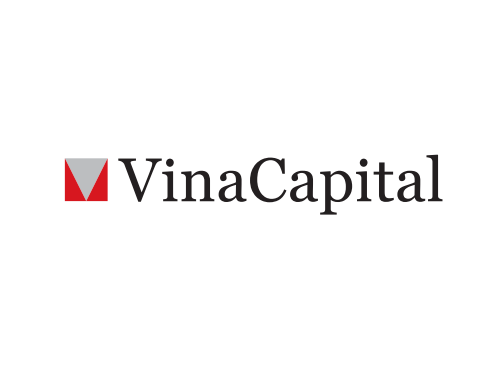Vietnam Opportunity makes fee changes – VinaCapital Vietnam Opportunity Fund Limited has released its annual report for the year ended 30 June 2018. In the year to 30 June 2018, the NAV per share increased in US dollar terms by 13.7% to $5.38, while the share price rose by 12.6% to $4.30, from the same date a year ago. Taking account of dividends paid in the year to 30 June 2018, the NAV total return was 16.9%. The return lagged the Vietnam Index (VN Index).
The Board intends that the company will pay a dividend representing approximately 1% of NAV twice each year, normally declared in March and October. Two interim dividends of 4.8 cents per share were paid during the first half of the year under review (approximately 2% of the NAV per share as at the last year end, 30 June 2017) and two more dividends of 5.5 cents each represented approximately 2% of the NAV per share as at the end of the June 2018.
Discount still too wide
In November 2017 the company appointed Frostrow Capital LLP as its UK marketing and distribution partner. Despite these initiatives, the discount remains higher than the board deems
desirable.
Chunky performance fee payable despite lagging local benchmark
The NAV of the company’s capital markets pool of asets has remained well ahead of the 8% annual return target above which incentive fees are earned. For the current year, an incentive fee of $25.3m was earned on the capital markets pool. A capped total amount of $15.0m will be paid out in October 2018, made up of the full amount of the incentive fee carried forward from the year to 30 June 2017 of $13.4m, together with $1.6m of the incentive fee earned in the year to 30 June 2018. The balance of the incentive fee earned in the year to 30 June 2018 has been carried forward as a deferred liability. Any payment in future years will also be subject to the annual 1.5% of NAV cap.
Fee changes
The Board has now agreed in principle with the investment manager that, with effect from 1 July 2018, the base management fee, which was 1.5% of net assets per annum, has been changed to an annual rate calculated on the following scale:
- 1.50% on the first USD500 million of net assets
- 1.25% of net assets between USD500 million and USD1,000 million
- 1.00% of net assets between USD1,000 million and USD1,500 million
- 0.75% of net assetss between USD1,500 million and USD2,000 million
- 0.50% on net assets above USD2,000 million
The incentive fee structure has been simplified. they no longer split the portfolio into two pools (capital markets and direct real estate – most of the direct real estate assets have now been sold). The incentive fee rate will be reduced to 12.5% of any increase in NAV over the hurdle rate (which stays at 8% compound). The cap remains unchanged at 1.5% of the weighted average of month end net assets. If the NAV falls subsequent to a year end in which an incentive fee was earned and the fee is in excess of the cap, amounts in excess of the cap will be clawed back on a last in / first out basis at the rate at which the fees were earned, thereby releasing accruals which would have remained on the balance sheet under the previous structure. 25% of any incentive fee paid will be used by the investment manager to buy shares in the company through open market purchases. These shares will be subject to a minimum holding period.
During the course of the Board’s discussion over these issues, a number of alternative approaches were considered. In particular, thought was given to whether it would be possible to set a hurdle which linked the incentive to outperformance of a market related benchmark. The conclusion was that, at the moment, benchmarks in the Vietnamese context are flawed and that the concept of
a market related yardstick held the risk of weakening the “private equity” approach used to manage the portfolio, thus changing the way in which the portfolio would be managed. The board will review the results of the portfolio over the longer term compared to market benchmarks in recognition of the fact that shareholders should rightly expect a better than market performance from the portfolio to compensate for the level of fees and the approach taken.
Extracts from the manager’s report
VOF benefited from several major exits of direct real estate which generated $40.5m in cash. During the same period, VOF deployed USD179.5 million in more than five new opportunities, including state-owned enterprises, Binh Son Refinery (BSR) and PV Power (POW), along with other listed stocks and USD35.3 million in private equity assets.
VOF : Vietnam Opportunity makes fee changes
